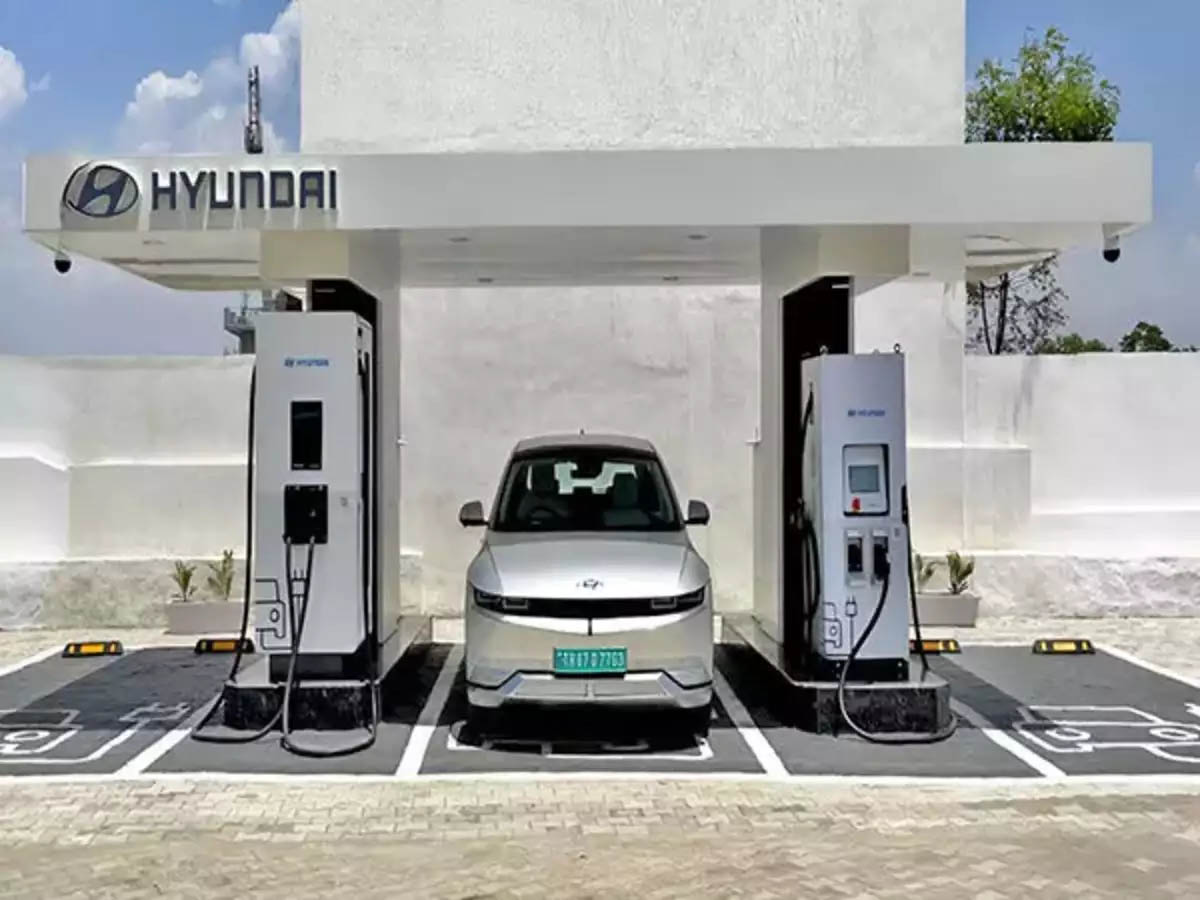NEW DELHI, Dec 16: India requires a capital expenditure of Rs 16,000 crore to address the rising demand for public charging stations for electric vehicles (EVs) and to meet the target of over 30 percent electrification by 2030, as stated in a report published on Monday.
The FICCI report titled “Electric Vehicle Public Charging Infrastructure: 2030 Roadmap” indicates that the current financial health of public charging stations in India is poor, with utilization rates hanging below 2 percent. To move towards profitability and scalability, it aims for a utilization rate of 8-10 percent by 2030.
“For example, the existing electricity cost structure, which includes fixed charges independent of consumption, coupled with low utilization rates at public charging stations, hurdles the path to achieving profitability. Some states like UP, Delhi, and Gujarat have low or no fixed tariffs, while others impose high fixed tariffs, making feasibility a concern,” FICCI noted.
The report emphasized the need for action from key stakeholders, including policymakers, industry leaders, and governmental organizations, to facilitate India’s shift towards cleaner energy and sustainability.
It identified five critical challenges that need to be confronted to enhance public charging infrastructure: limited financial viability, issues with DISCOM or power supply, land-related complications, operational difficulties, and the need for standardization and interoperability.
The report advocates for the standardization of GST rates on EV charging services to 5 percent from the current 18 percent, mirroring the tax structure throughout the EV supply chain. It also recommends transitioning from a two-part tariff system to a single-part tariff with uniform pricing across states.
Additionally, the report suggests that states encourage the adoption of electric three-wheelers (E3W) by eliminating permit requirements for purchasing E3Ws and allowing the use of the same permit for transitioning from CNG three-wheelers to E3Ws.
It proposes the establishment of a state-level cell with representation from industry stakeholders and state and central authorities to facilitate and oversee the implementation of the charging infrastructure roadmap.
Another significant recommendation from the report is to make the Ministry of Power’s guidelines for the installation and operation of EV charging infrastructure a requirement for state distribution companies (DISCOMs) to ensure the prompt creation of public charging stations (PCS).
The report suggests prioritizing the top 40 out of over 700 cities assessed based on their EV sales from 2015 to 2023-24, along with 20 highway segments for the expansion of public charging infrastructure.
These leading 40 cities are projected to see increased EV adoption in the next 3-5 years due to current growth rates and favorable state policies. Moreover, the 20 highway segments connecting these priority cities account for 50 percent of total vehicular traffic. (PTI)


Leave a Reply